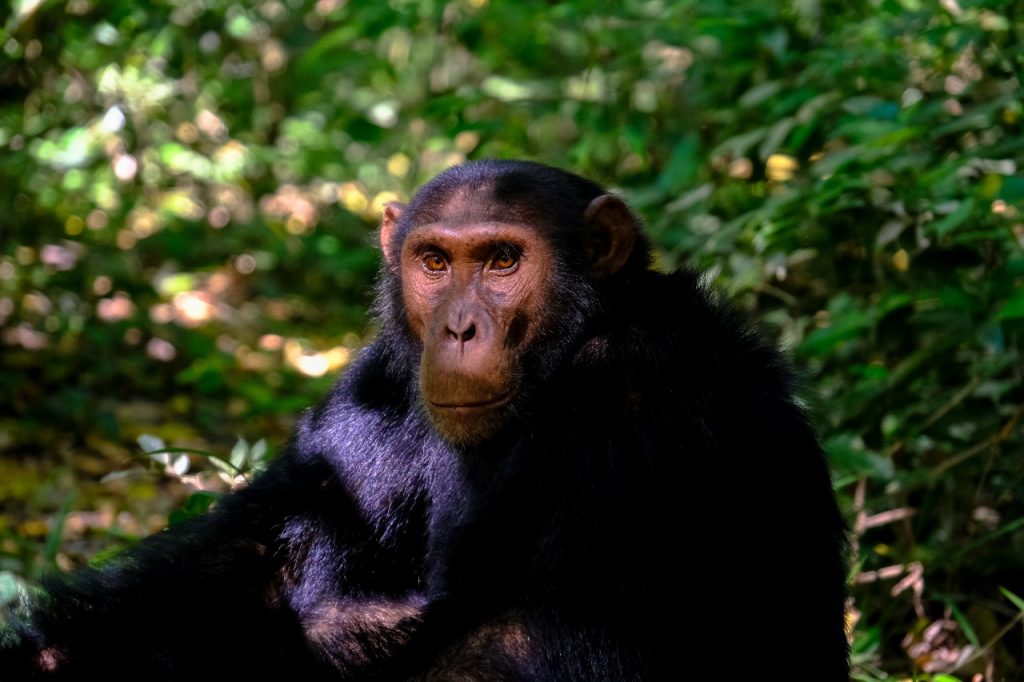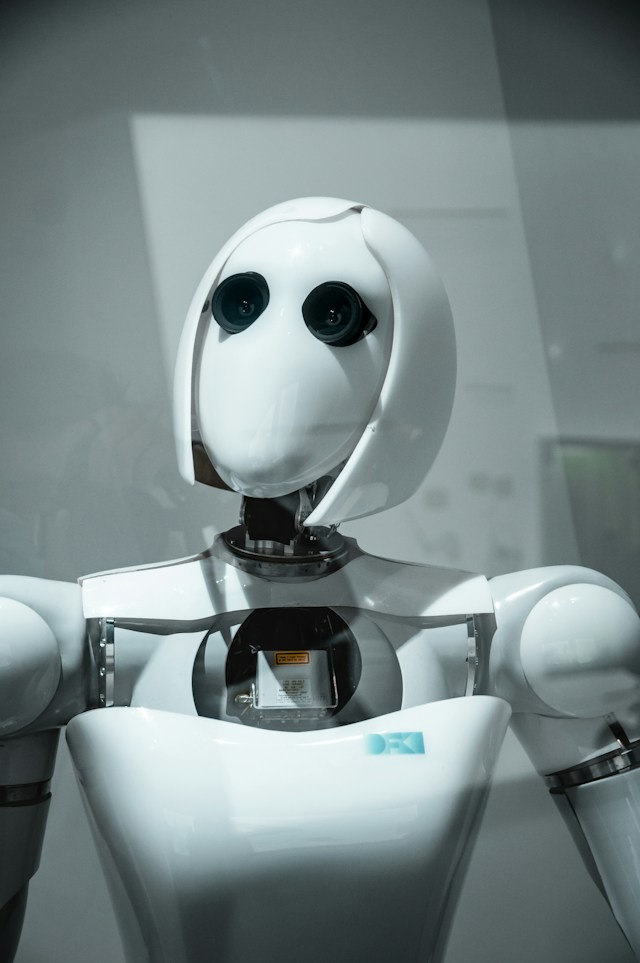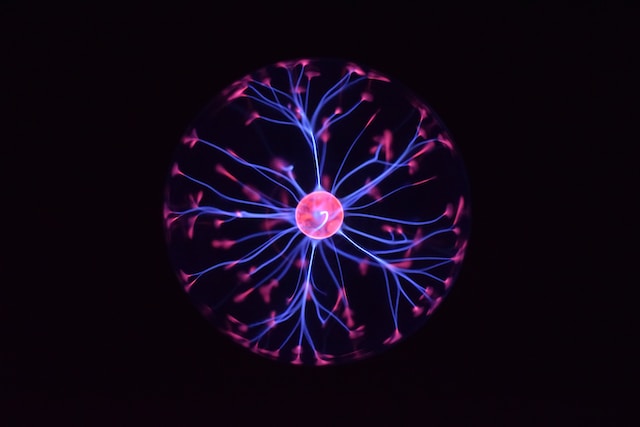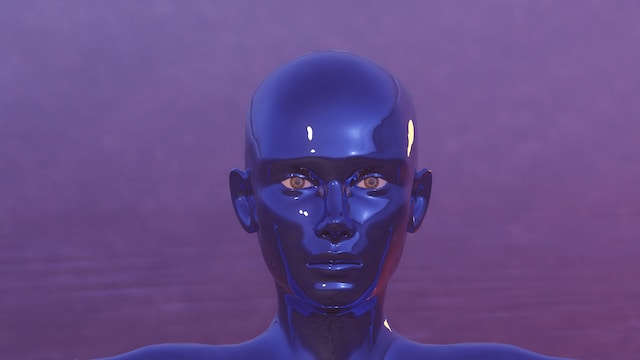Why do humans exist? Or stated more broadly, what is our purpose? Every time an author poses the “why” question, the reader is about to receive a purely speculative and highly philosophical answer. This article will be no different.
So, before I tell you why I think we are the Guardians of the Galaxy and why life extension technologies will play a key role in enabling us to become Guardians, let me first introduce a few concepts that constitute foundational building blocks for my thought process.
Drake, Fermi and the Filter
The Drake Equation is a mathematical model that attempts to calculate the number of intelligent civilisations in the Milky Way. According to the equation, the universe should be teeming with life.
But then along comes the Fermi Paradox. This paradox points out the dichotomy between the high probability of intelligent extraterrestrials and the fact that we have not yet made contact or detected other civilizations.
Then, we also need to consider the “Great Filter”. This started as an attempt to explain the Fermi Paradox and postulates that intelligence may be self-destructive – we get so smart that we blow our entire species up. Nuclear weapons, superbugs, CRISPR, etc; the ways in which we can destroy ourselves increase faster than the rate at which we learn to tolerate those with whom we disagree.
Intelligence is rare
Firstly, I believe that the Drake Equation and Fermi Paradox allude to the possibility that life is abundant, but that intelligent life is rare. We know that life on earth abounds. It is everywhere. But despite this abundance, there is only one species that is smart, self-conscious, and would give “Baby Shark Dance” more than 10 billion views on Youtube.
Taking Earth’s experience of the abundance of life, and how it distributes across the spectrum of intelligence, and then extrapolating it to the rest of the universe, it may just be the case that life is abundant, but intelligence capable of harnessing complex physics is extremely rare.
The takeaway here is this:
- Life is abundant
- Intelligent life is rare
I want to add some personal views to the mix before dealing with the Great Filter.
Time past, time future, time to intelligent life
The universe is really old, or is it? Given that we don’t know of other universes or know how old our universe could conceivably get, the universe may be young. Old implies that a process is nearing its completion or end.
There is no timescale of when the universe could end that does not put the universe at a stage other than extreme infancy. There are numerous calculations as to the possible cutoff date, but with a 13,8 billion-year-old universe and physicist giving it another 100 trillion years, my mind just goes into “whatever” mode!
Despite a long history, the universe is so young that if it were a human it would still be in diapers.
It would appear that life takes a long time to become complex and intelligent enough to overcome the barriers to create nuclear weapons and CRISPR; what Erik Weinstein calls the “Twin Nuclei” problem. Considering that life on earth is 3,7 billion years old, and that we have only been sending signals into space for a very short period of 90 years, life is clearly in no hurry to create the level of intelligence needed for radio astronomy. But, intelligence is an exponential curve that takes aeons to get beyond a critical threshold, and as soon as it does, it moves blisteringly fast.

One thing that abounds in the universe, even more than life, energy, or matter, is time. The universe, and the earth, have by no means reached even the halfway mark. There is much more time in the future than in the past. If all life is as patient as life on earth, then there is no reason to assume that we are a “latecomer” species, we could simply be one of the first.
The key takeaway here is that we are probably amongst the first intelligent species.
Providence
Humanity required a great deal of providence to become what we are. Consider that it took five mass-extinction events to eliminate the species that were keeping our furry ancestors locked in evolutionary cul-de-sacs.
Other aspects are also at play. Intelligence, for instance, means nothing without tool-making ability. That is a function of physiology. Dolphins could exceed humans in intelligence, but without hands, they will never have the ability to build spaceships.
Water is the perfect substrate for life, that is why all life on earth either lives in water or carries fluids around in its cells. But life in water precludes explosions, combustion or the harnessing of electricity.
Even the way our memory works is special. Chimpanzees can outplay humans in memory games to the point where it becomes embarrassing. Yet, humans are ahead of chimps when it comes to crafting violins and coding self-driving cars. The cognitive trade-off hypothesis postulates that we won the race against chimps because we invested more grey matter into complex language skills. Coincidence? Luck?

The evolutionary process that resulted in the Homo Sapien is so full of coincidences, synchronicities, luck, or providence, that it’s hard to think that it all just happened due to streaks of serendipity.
The key takeaway here is that humans have a purpose.
The Great Filter in action
Passing the Great Filter would mean that an intelligent species has figured out how to deal with tribalism, misanthropes, misandrists, nihilists, incels, and the entire range of smart people who spend their lives willing the cessation of all human existence except their own.
In short, technology enables humans to express their dark side against other humans in increasingly novel and destructive ways. Passing the Great Filter would require that humanity finds a way to evolve culturally and morally to a point where destructive urges don’t get the better of us.
The key takeaway here is that any intergalactic species must have passed a version of the Great Filter.
Do not underestimate the power of the dark side
There is however a dark side to the Great Filter. The filter does not select morally good individuals, the filter selects a species unified to the point where they don’t self-destruct. Implying that a species united in the thrust to dominate and subjugate the universe and install themselves as the rulers could conceivably pass the filter.
The key takeaway here is this – bad guys, united in harming others, could also pass the Great Filter.
And this is where the Guardians of the Galaxy enter the picture.
Time as a key component of outward-looking morality
A critically important data point along humanity’s trajectory will be immortality. Or, at the very least, extreme longevity. And this is also why I enjoy the company I find myself in here on Timeskipper.
Only humans that love life, love living, and love others more, or at least as much as they love themselves, will be up to the task of looking after life in the galaxy.

My personal view is that lack of time is an extreme psychological constraint that drives humanity to prioritise the short term over the long term. Five and ten-year goals will always be self-centred, but fifty or hundred-year goals will almost inevitably be directed toward serving greater purposes than mere self-fulfilment or self-actualisation.
Life extension technologies will alleviate the constant obsession with the self, and broaden our psychology more toward consideration of the other. Extreme longevity will change the “here-now-me” view that characterizes our time, to an “everywhere-forward looking-everyone” mindset.
The key takeaway here is that life extension technologies will increase humanity’s odds of passing the Great Filter.
Conclusion - destined to be guardians
Humanity is a uniquely intelligent species that finds itself right at the start of the universe, and though we are flawed, we are trying to figure things out. Our rudimentary understanding of morality and ethics is advanced enough that we can broadly distinguish right from wrong. Even though we have not detected other intelligence, other life will arise, and some of that life may seek to subjugate other species on different worlds for selfish reasons. As a species, many of our ancestors have made this mistake, and we know that it’s wrong.
We thus have a moral imperative to look after fellow humans on earth and life in the universe to ensure that things we know are wrong are not done to others; to preserve independence, and sovereignty, and ensure freedom from exploitation. To assume the role of Guardians, we will need to pass the Great Filter.
Life extension technologies will go a long way toward shaping the cultural environment in which we will be more cooperative and forward-looking. Therefore, I conclude that we are destined to become the Guardians of the Galaxy if we can solve the longevity issue and give people enough time to learn to get along.
Christian perspective
I also want to add that I am a Christian, and although I cannot speak on behalf of the billion-plus other members of my faith, I still want to share my thoughts on this subject. I know that cryonics and other life extension technologies may be viewed as superfluous, seeing that Christians believe in life after death, however I just want to point out that Christians believe in eternal life and not life after death. Many don’t realise the distinction or appreciate the point that you don’t have to die physically to receive eternal life.
I mention the Christian point of view, not merely for evangelical reasons, but because I believe that the universe and all it contains are created with a purpose. Guardians of the Galaxy, in this view, would just be an extension of humanity’s purpose on earth and would extrapolate it into the universe, not seeding life, but guarding it because it is so special and beautiful.
In the Biblical tale of the Garden of Eden, God tasks the first humans with naming the animals. He imparts to them the responsibility of taking care of creation in His stead. And even though our scorecard may be dismal and we have been playing a flawed game, it is important to remember that the game is not in its final seconds, there is a lot of time left on the board, and life extension technologies will go a long way toward creating the mindset in humans to help us fulfil the purpose for which we were created.
Note and postscript
We don’t “know” why we are here, not by the standards that modern “knowing” requires as proof, we can “believe” certain concepts, and we can speculate, that is why I stand for intellectual playfulness and open-mindedness when addressing this issue. Have fun dear friends, life is short…for now!















